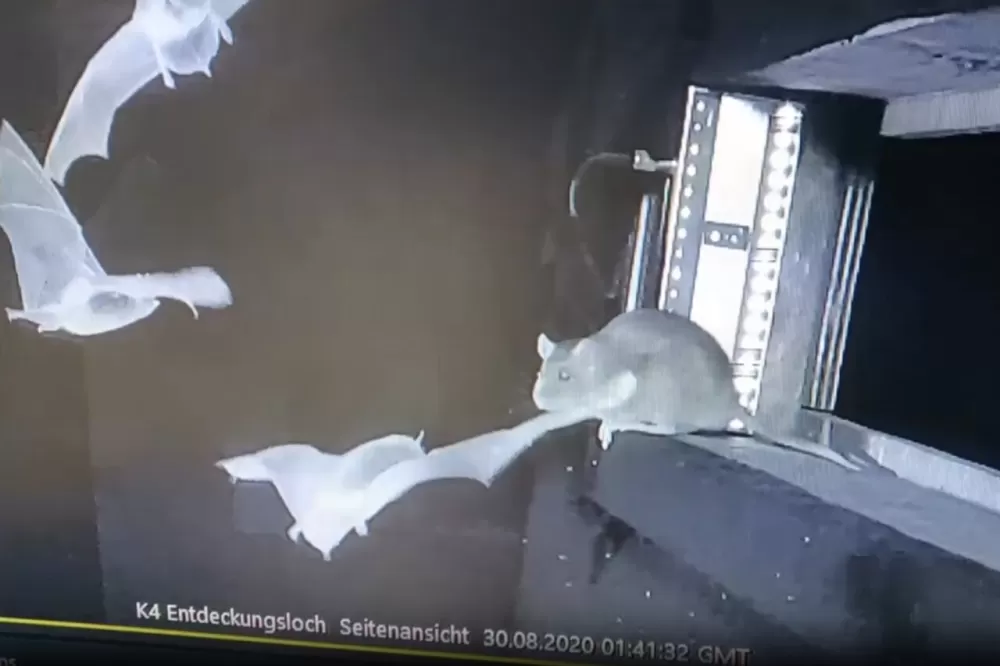Hurricane Melissa's Fury: The Unseen Hands Who Braved the Storm's Eye
Share- Nishadil
- October 29, 2025
- 0 Comments
- 3 minutes read
- 38 Views

Amidst Melissa's Roar, Unsung Volunteers Stood Firm
As Hurricane Melissa tore through coastal communities, a dedicated corps of NOAA volunteers risked everything. Their vital work, often overlooked, provided critical data and solace amidst the chaos, truly a testament to human resolve against the storm's fury.
When Hurricane Melissa decided to introduce herself, she didn’t just knock; she ripped through the Gulf Coast with a ferocity that few had anticipated, honestly. Category 4. You hear those words, and you think of raw, unbridled power, don't you? Homes splintered, towns submerged, lives turned upside down in the space of a single, terrifying night. And for many, the natural instinct was, of course, to flee, to seek safety far from the storm’s unforgiving embrace.
But then, there are others. A special kind of individual, really, who feels an undeniable pull towards the heart of the tempest, not away from it. These are the NOAA volunteers, a network of unsung heroes whose dedication, in truth, forms a crucial lifeline when disaster strikes. They aren’t paid professionals in the traditional sense, no; yet their commitment often rivals—and sometimes surpasses—that of those on a payroll. You could say they're the quiet backbone of our early warning systems, the human element in a world increasingly reliant on algorithms and satellites.
As Melissa raged, these volunteers, often with little more than a sense of duty and specialized, robust equipment, moved into position. And it wasn’t for the glory, mind you. Their task? To gather data, critical real-time observations of wind speed, barometric pressure, and water levels that sophisticated models, for all their predictive prowess, sometimes miss. Imagine standing firm, instruments in hand, as gusts threaten to peel you from the earth, all to relay a reading that could save lives further down the coast. It’s harrowing work, to be sure, demanding immense bravery and a kind of steadfast resolve that’s genuinely humbling.
One might wonder: why do it? Why put oneself in harm’s way? Perhaps it’s a deep-seated desire to contribute, to protect one's community, or maybe even a fascination with the sheer, terrifying power of nature. Whatever the motivation, their presence during Melissa was indispensable. Their reports, relayed through emergency channels, helped forecasters refine predictions, allowing first responders to better allocate resources and enabling residents to make more informed, life-saving decisions. It's a testament to how human ingenuity, coupled with sheer guts, can truly make a difference against the vast, indifferent forces of a hurricane.
And it's not just about the numbers. It's also about the human connection. Post-storm, as communities began the slow, arduous process of recovery, these same volunteers often transitioned, offering aid, checking on neighbors, and providing that invaluable sense of solidarity that only another human presence can truly convey. In a world grappling with the escalating challenges of a changing climate, where storms like Melissa are, alas, becoming more frequent and more intense, the role of these dedicated individuals only grows in importance. They remind us, ultimately, that while nature can be merciless, the human spirit, with all its imperfections and its boundless capacity for compassion, often shines brightest in the darkest hours.
Disclaimer: This article was generated in part using artificial intelligence and may contain errors or omissions. The content is provided for informational purposes only and does not constitute professional advice. We makes no representations or warranties regarding its accuracy, completeness, or reliability. Readers are advised to verify the information independently before relying on







